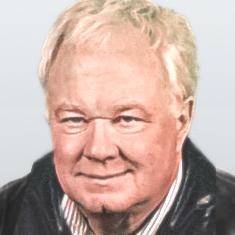Commentary
Canada’s chief health officer, Dr. Theresa Tam, contended on June 21 that, as part of addressing the opioid crisis, talks are needed on decriminalizing hard drugs. Following Tam’s remarks, federal Health Minister Patty Hajdu said that while decriminalization is not a “silver bullet” solution, it is something the government is deliberating.





